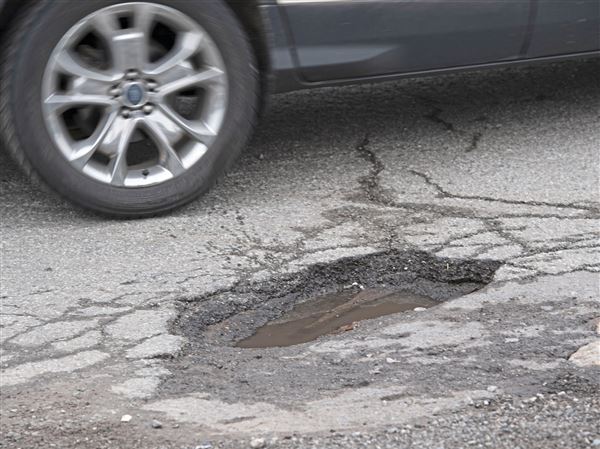The U.S. Census has one big, important, but straightforward job, mandated by Article 1 of the Constitution of the United States: Every 10 years, count the number of people living in the United States — at that moment.
The Trump administration’s idea of adding a question about citizenship in the 2020 census is not a part of that job.
The proposal to add the question, which has been debated for months in the Washington policy world, came into public view this week. It became an immediate hot-button issue that sent political partisans into their usual corners and states of apoplexy. The deadline for the final decision on including the question is tomorrow. The search for a rational middle ground may be elusive, but it’s worth pursuing.
People against adding the citizenship question see it as a sneaky attempt to rob states with large immigrant populations of seats in Congress. The belief is that noncitizens, regardless of legal status, will refuse to participate, fearing that answering the citizenship question will place them in jeopardy. As a result, the census will undercount the state’s population. When U.S. House seats are reapportioned after the census, that state would therefore lose seats, and thus power. That is why California — noncitizen population 13.5 percent — has filed suit to remove the question.
Attorneys general of 10 other states, including Pennsylvania, have joined the New York state attorney general in a lawsuit to block the question, as well.
But Commerce Secretary Wilbur Ross, whose department oversees the Census Bureau, believes that the information is essential to collect. The question was part of the 1950 census. Furthermore, the Department of Justice believes that census-derived data on citizenship will prove helpful in enforcing the Voting Rights Act, which depends on accurate figures for the voting-eligible population.
Democrats scoff that the Voting Rights Act argument is disingenuous at best. Republicans are amazed that anyone should fear a question about citizenship status. It is in the government’s vital interest to have a clear headcount of citizens. Any state that objects is just looking to game the system.
It is, indeed, important the government know how many citizens and noncitizens are in the United States. The American Community Survey, the Census Bureau’s ongoing project that collects a multitude of demographic data, asks about citizenship and arrives at good numbers, in part, through extrapolation. Examination of voter registration rolls and passport applications can also contribute. The government has a variety of tools to determine statistics on the number of citizens and noncitizens living in the United States.
But the official census — taken every 10 years, counting people as accurately as possible — has a strict and narrow function, defined by the Constitution itself. We ought not to muck that up with other matters, or with politics.
First Published: March 30, 2018, 4:00 a.m.
















